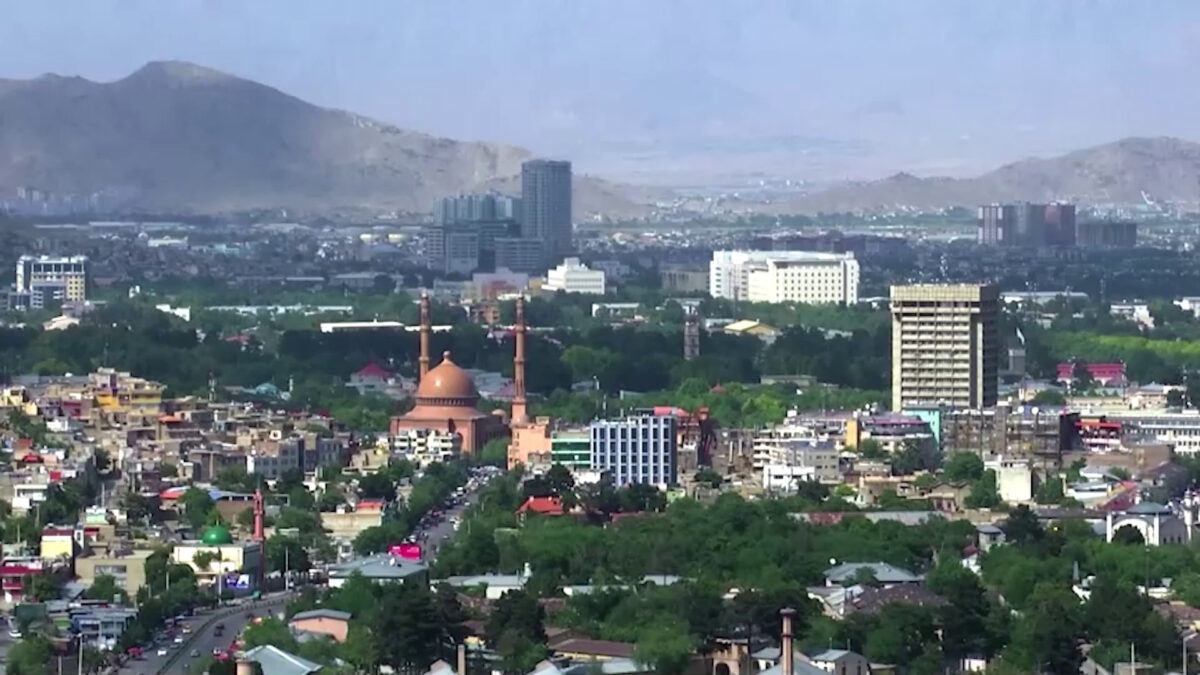In a new report released on Friday, the United Nations Assistance Mission in Afghanistan (UNAMA) underscores a worsening human rights crisis in the country under Taliban rule. The report reveals increased outreach efforts by the Taliban, deepening concerns about the stifling of women’s rights, including severe restrictions on female education and employment, particularly for Afghan women working with the United Nations.
The report highlights credible allegations received by UNAMA regarding human rights abuses and violations, along with continued security incidents linked to the armed opposition and ISIL-K.
The crisis is exacerbated by unprecedented humanitarian needs, compounded by large-scale earthquakes, the forced return of Afghan refugees from Pakistan, and an uncertain economic outlook.
Restrictions on Women and Girls
The Taliban Ministry for the Propagation of Virtue and the Prevention of Vice has issued new instructions, including the banning of women from specific areas and the arrest of those accused of sorcery. The report notes persistent restrictions against women and girls, including the suspension of tertiary education and education beyond grade six.
Efforts to reduce the incarcerated population have fallen short, with the Taliban’s Office of Prison Administration reporting a detainee population exceeding 17,000 by mid-October, surpassing the initially sought 10,000 ceiling.
The report states, “The de facto authorities continued to reshape the modern education system, providing new learning opportunities for Taliban members and restricting opportunities for women and girls.” Additionally, male and female teachers previously employed at abolished teacher training centers are reportedly being reassigned to other departments, schools, and madrasas.
Financial Constraints and Urgent Need for Intervention
Financial constraints have significantly impacted meeting international standards for detainees, affecting food supply, hygiene, education, training, and health services. The report emphasizes the urgent need for international attention and intervention to address the escalating human rights crisis under the Taliban’s Taliban authorities.
Civilian Harm and Child Casualties
Unexploded ordnance and deliberate attacks using improvised explosive devices have resulted in at least 190 casualties during the reporting period, including 53 children primarily affected by unexploded ordnance. Three attacks claimed by Daesh targeting the Shia community caused the majority of civilian casualties, with 39 killed and 87 wounded.
The country task force on monitoring and reporting on children and armed conflict documented at least 400 grave violations against 120 children between July and September, including incidents of denial of humanitarian assistance.
Extrajudicial Killings and Violations of Amnesty
Despite assurances of amnesty, UNAMA documented at least 10 extrajudicial killings, 21 arbitrary arrests and detentions, and eight instances of torture against former government officials and members of the Afghan National Defence and Security Forces. Additional violations included four extrajudicial killings, 79 arbitrary arrests and detentions, and 15 instances of torture against individuals accused of affiliations with the National Resistance Front and ISIL-K.
Public Corporal Punishment and Media Suppression
Public judicial corporal punishment, including floggings of at least 24 men and 4 women, persisted during the reporting period. Arbitrary arrests, media outlet closures, and censorship continued, with three members of the Spontaneous Movement of Afghan Women and their relatives remaining in detention. Media workers of Radio Nasim were arrested on allegations of spreading propaganda, highlighting the ongoing suppression of dissenting opinions.
In the third year of their governance, the Taliban authorities in Afghanistan have solidified control in political, security, and economic spheres, navigating internal disputes while dismissing calls for greater inclusivity.




